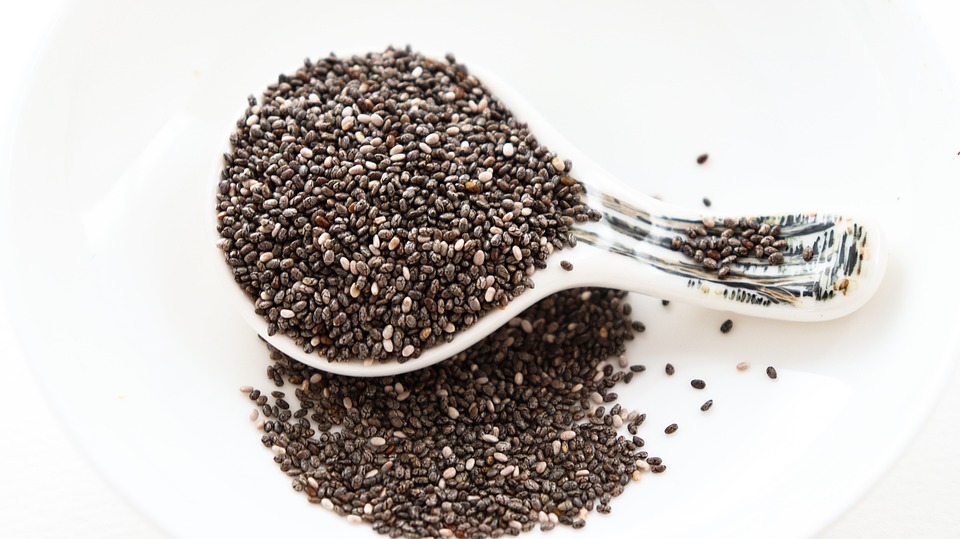
The ultimate guide to plant-based protein sources for a high-protein vegan diet
As more people turn to plant-based diets, the need for high-protein sources is becoming increasingly important. While many may think that animal products are the only way to get enough protein, there are actually plenty of plant-based protein options available. In this guide, we’ll explore the best plant protein sources for a high-protein vegan diet, and provide valuable insights to help you meet your protein needs while following a vegan diet.
Understand the protein needs of vegetarians
It’s important to understand how much protein you need daily, especially if you follow a vegetarian or vegan diet. The Recommended Dietary Allowance (RDA) for protein for the average adult is 0.8 grams per kilogram of body weight. For vegetarians, a slightly higher intake is often recommended to ensure proper muscle maintenance and overall health.
Benefits of plant protein sources
Plant sources of protein provide a range of benefits, including being high in fibre, low in saturated fat, and rich in essential vitamins and minerals. It can also contribute to reducing the risk of chronic diseases, such as heart disease and diabetes. With such a wide range of benefits, it is clear that plant-based protein sources are a valuable addition to any diet.
Highest sources of plant protein
1. Vegetables
Vegetables, such as lentils, chickpeas, and black beans, are some of the best plant sources of protein. They are also rich in fibre, folate and iron, making them an excellent choice for a high-protein vegetarian diet. They can be easily added to soups, salads and stews for a nutritious and filling meal.
2. Quinoa
Quinoa is a complete protein, meaning it contains all nine essential amino acids. This makes it an ideal choice for vegetarians looking to increase their protein intake. Quinoa is also a good source of fibre, iron and magnesium, making it a versatile and nutritious addition to any meal.
3. Tempeh
Tempeh is a fermented soybean product that is high in protein and a good source of probiotics. It can be used as a meat substitute in various dishes, such as stir-fries and tacos, and provides a delicious and satisfying texture.
4. Tofu
Tofu is another source of plant-based protein that is often used as a meat substitute. It is a good source of protein, iron and calcium, and can be prepared in a variety of ways, making it a versatile and nutritious addition to a vegetarian diet.
5. Nuts and seeds
Nuts and seeds, such as almonds, walnuts, and chia seeds, are great sources of protein and healthy fats. They can be enjoyed as a snack, added to salads, or used in baking to increase the overall protein content of the meal.
Meet your protein needs through plant foods
When planning a high-protein vegetarian diet, it is important to include a variety of plant-based protein sources in your meals. This can help ensure you meet your daily protein needs and consume a wide range of essential nutrients. Here are some tips for incorporating plant-based protein sources into your diet:
- Incorporate a variety of vegetables, such as lentils, chickpeas and black beans, into your meals.
- Experiment with different types of tofu and tempeh to find the textures and flavors you enjoy most.
- Use quinoa instead of rice or pasta as the base of your meals to increase your protein intake.
- Add nuts and seeds to your meals and snacks for an extra boost of protein and healthy fats.
Conclusion
A high-protein, plant-based diet is not only possible, but it can be fun and delicious, too. By incorporating a variety of plant-based protein sources into your meals, you can easily meet your daily protein needs and enjoy the many benefits that come with a plant-based diet. Whether you’re a long-time vegetarian or someone looking to incorporate more plant-based foods into your diet, there are plenty of delicious and nutritious options available to help you meet your protein needs. By understanding the best plant-based protein sources and how to incorporate them into your meals, you can create a balanced, high-protein diet that supports your overall health and well-being.

0 Comments